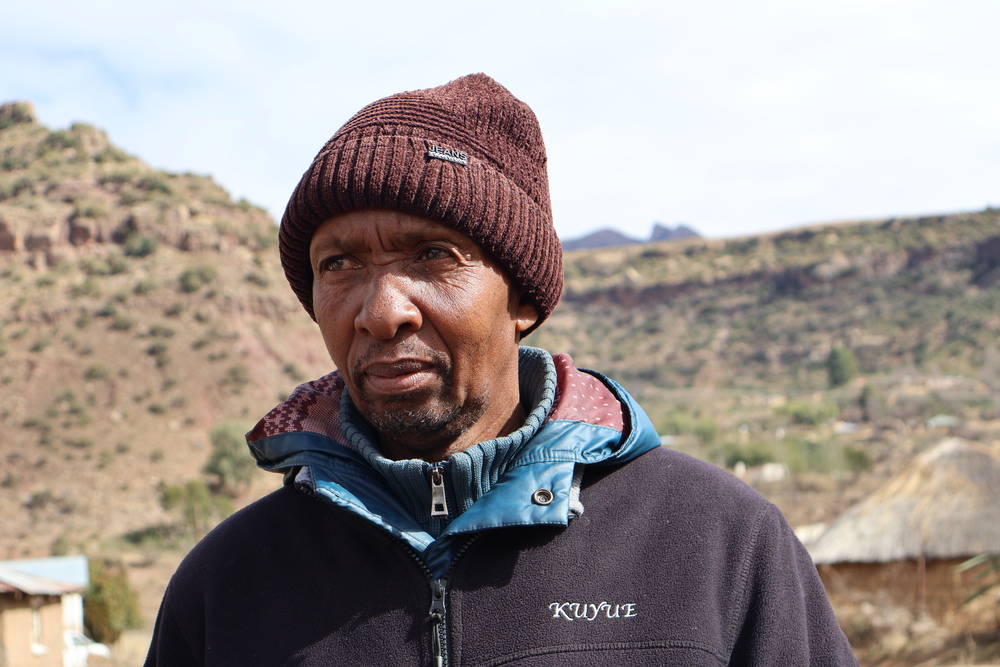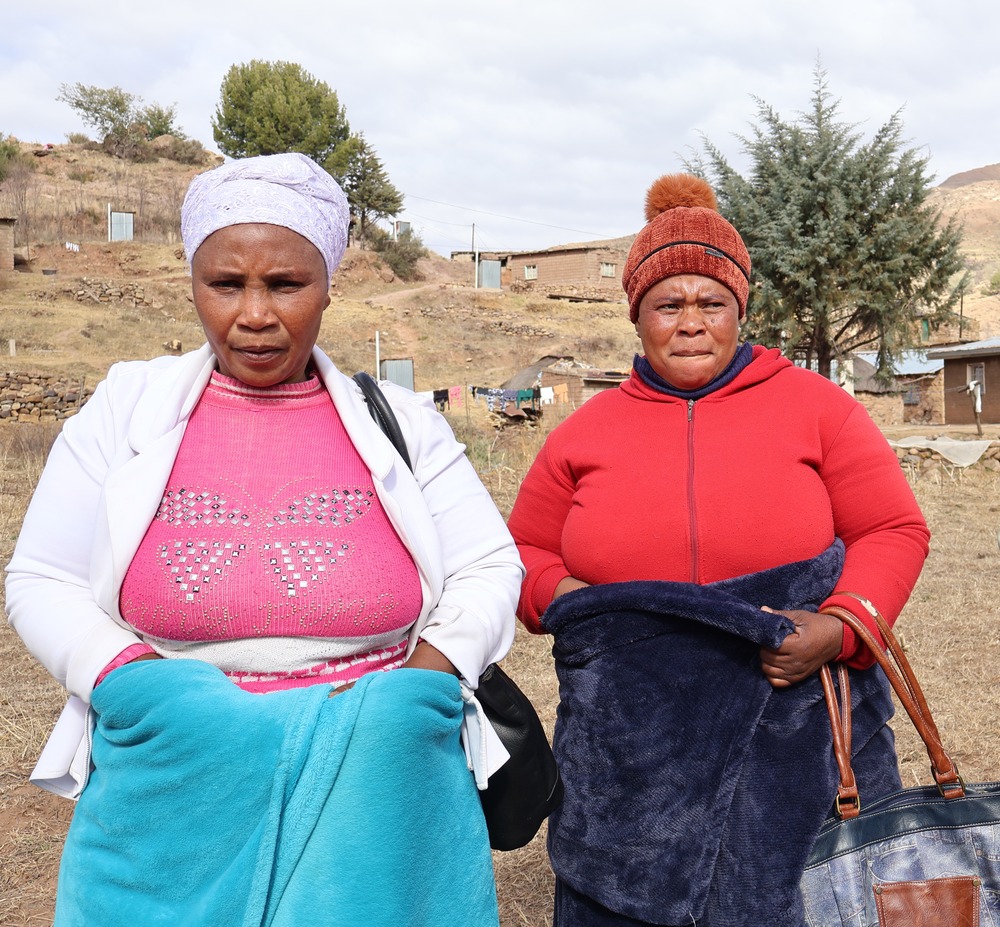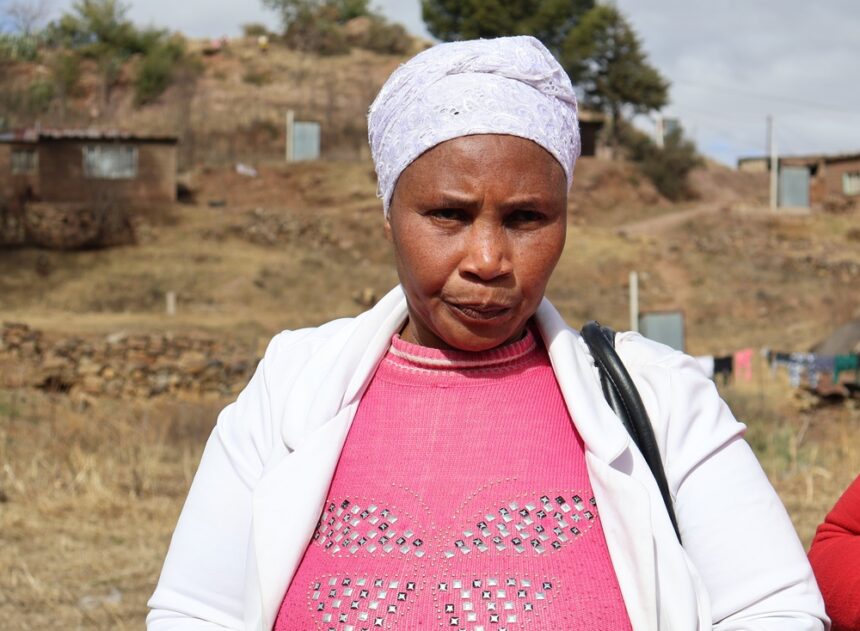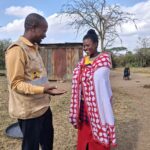By Liapeng Raliengoane I raliengoaneliapeng@yahoo.com
Young Lesotho girls’ absenteeism from school has been attributed to their inability to afford menstrual products a research study has revealed.
The study, Empowering Lesotho’s Girls: The fight against period poverty, in Lesotho found that the average girl misses 50 days of school every year for lack of access to sanitary products and education about menstruation. Their education suffers, and this reduces their chances of escaping poverty. The report was carried out by a body known as Borgen Project.
An interview with a mother from Ts’itsong Ha Lebeko Liphakoeng, (not her real name) revealed that she lived with four girls aged 10, 12, 14, and 15, two of whom already experience menstruation.
She makes a living by brewing traditional beer and selling it. Sometimes she has no means to provide sanitary napkins for the girls. The woman is at times forced to cut clothes into smaller pieces to supplement for sanitary napkins.
“When the girls wear these pieces of cloth, they look uncomfortable and at times miss school. One day one of them told me that she stained herself with blood at school and it did not sit well with me,” she said.
“My wish is that sanitary napkins are not only provided free of charge but also made available to these girls”.

From another part of Quthing, Mphojoa village health worker Nobuisile Teketa said period poverty as the phenomenon is widely referred to here – specifically the inability to afford and access menstrual products, sanitation, hygiene facilities, education, and awareness to manage menstrual health, is one of the main challenges girls face in Mphojoa.
“Several times, girls do not have sanitary napkins and they miss school when on periods,” she said.
Teketa added: “I am personally worried about this issue and I wish enough sanitary pads could be provided to young girls so that they experience better days and attend school properly with no hindrances,” she said.
The Chief of Patisi Ha Mpeka, Mr Tšosane Mzakwe, stressed that there was a high rate of child marriage as well as early and unintended pregnancies in the area.
The common and most challenging issue is that the majority of young parents leave their children with grandparents while some leave families headed by children to go work in Cape Town and Ceres in the neighburing South Africa.
“Up to 60 per cent of people here are left with grandchildren to raise while whose parents work in South Africa and do not send any money home while some only come to bring more children they bore in South Africa. It is a troubling issue,” Chief Mzakwe said.

UNFPA Lesotho is working to address period poverty and improve menstrual health through several key initiatives, including menstrual health education. Here the UNFPA works to dispel myths and reduce stigma. This helps ensure that girls and women understand menstruation as a natural and healthy process.
The UNFPA provides access to affordable and high-quality menstrual products and advocates for better sanitation facilities in schools and communities to ensure that women and girls can manage their menstruation with dignity and comfort.
On matters policy, the UNFPA has supported policies aimed at eliminating period poverty, including removing taxes on menstrual products and ensuring that menstrual health is included in national health strategies.
These efforts are part of UNFPA’s broader commitment to gender equality and the empowerment of women and girls in Lesotho.









